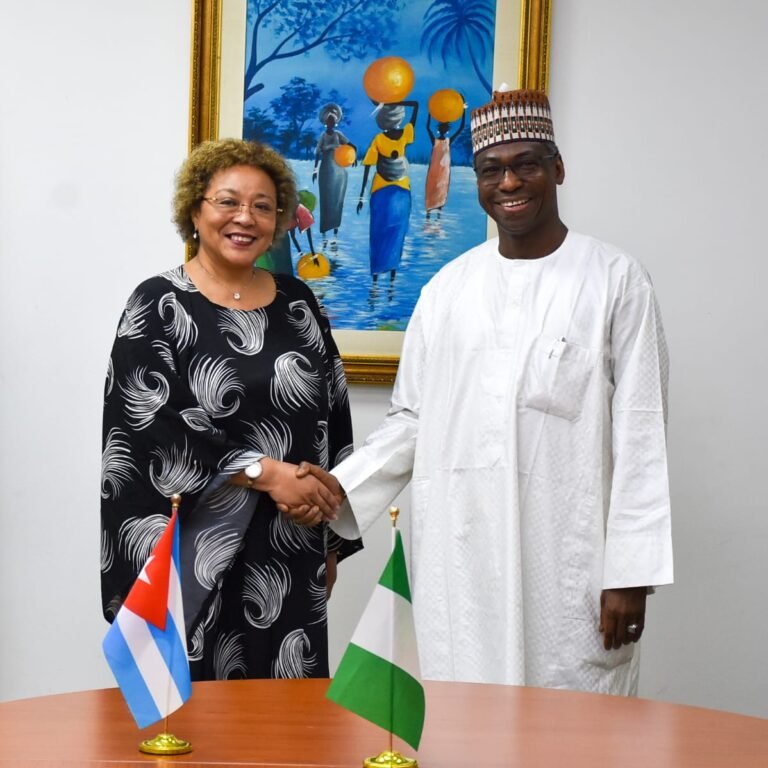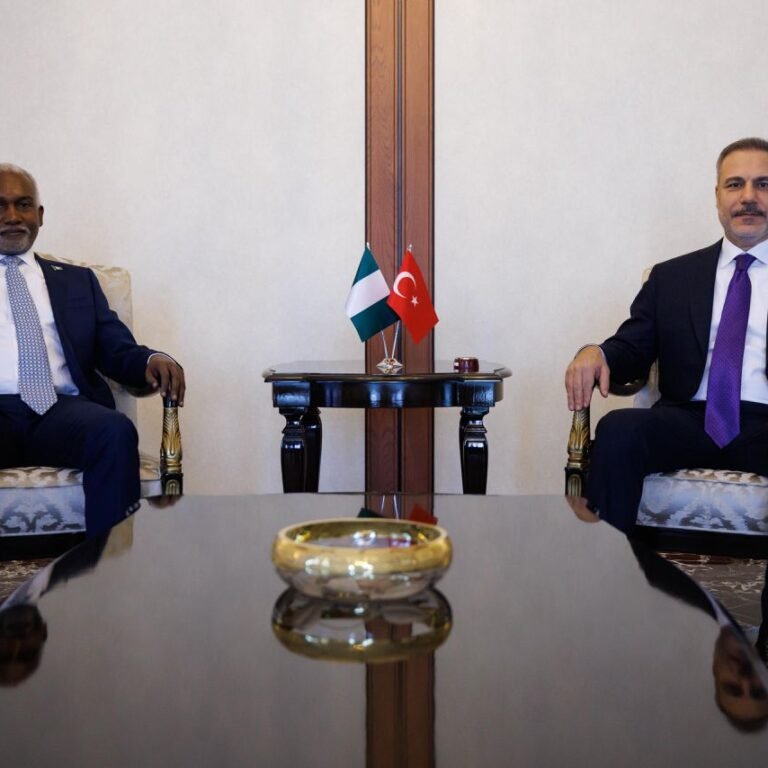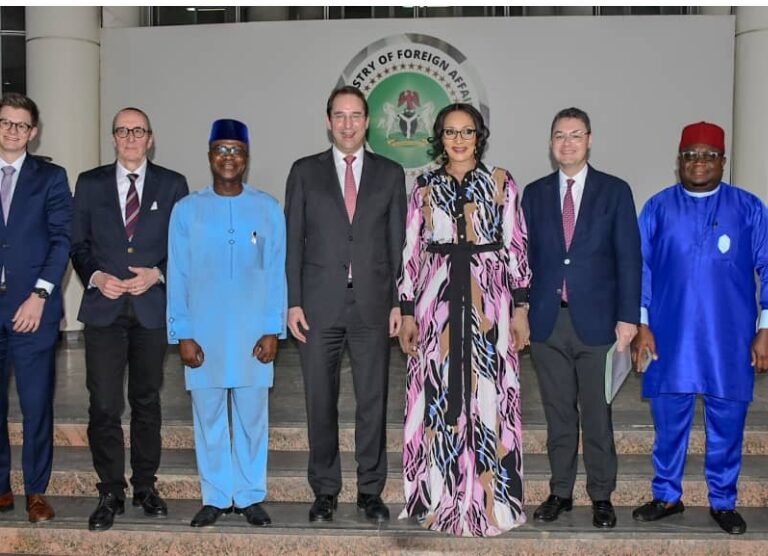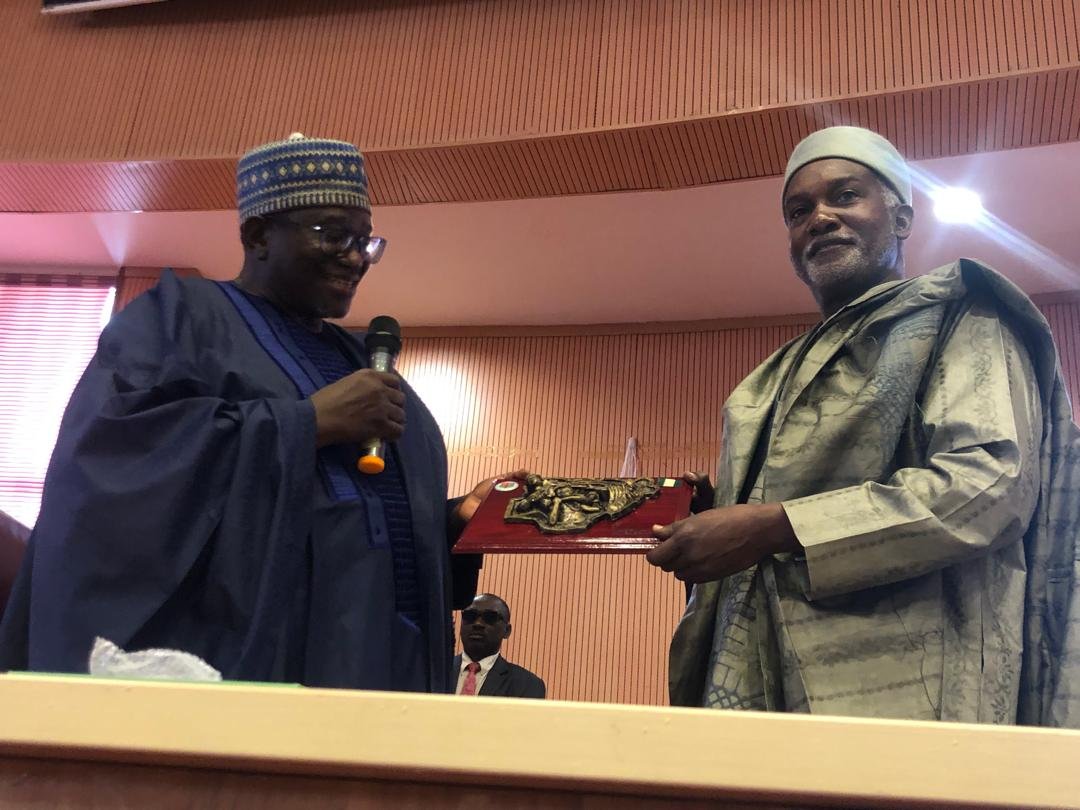
By Ameh Gabriel Media360Impact – Abuja
The Nigerian Association of Chambers of Commerce, Industry, Mines and Agriculture (NACCIMA) has unveiled an ambitious plan to help drive Nigeria’s economy to a $1 trillion milestone by the year 2030, aligning with President Bola Tinubu’s economic vision.
The bold target was announced by NACCIMA National President, Engr. Jani Ibrahim, during the 23rd Economic Diplomacy Dialogue with members of the diplomatic community hosted at the Ministry of Foreign Affairs in Abuja.
“We have set a $1 trillion economy goal by 2030. Not only is it achievable it is surpass able. And NACCIMA is taking the lead in driving this agenda through strategic partnerships, trade facilitation, and value chain expansion,” Jani declared.
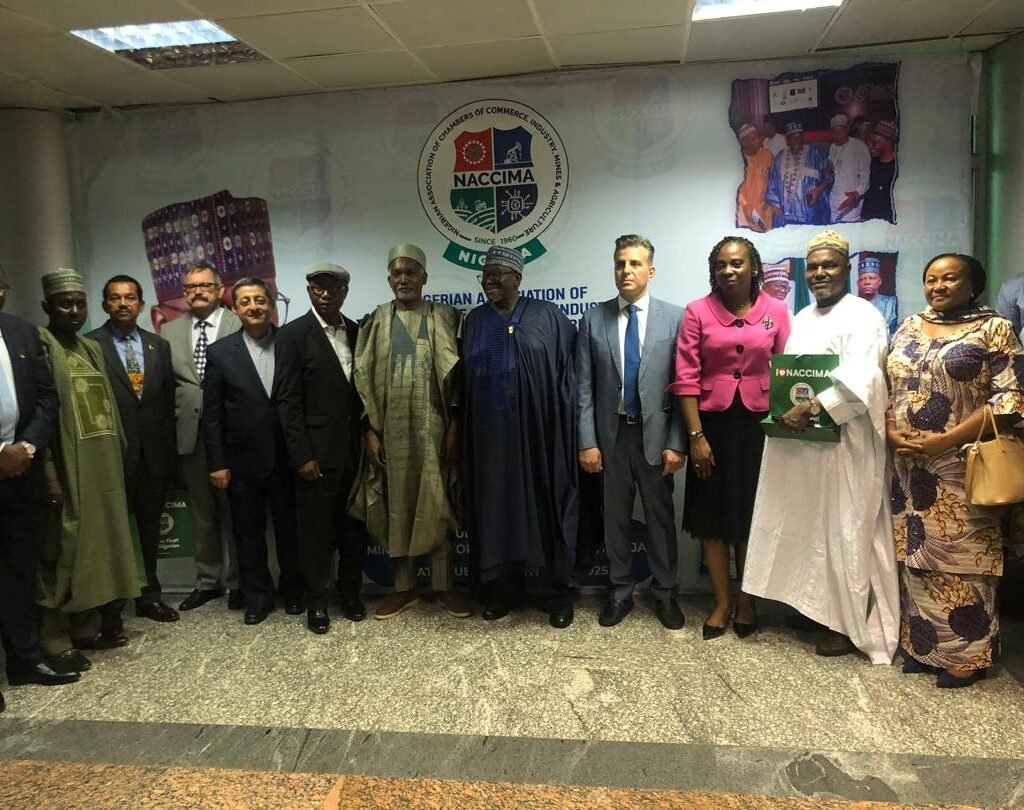
According to him, the association is mobilizing all available levers local resources, private sector capacity, diaspora excellence, and regional frameworks like the AfCFTA to reposition Nigeria as a leading African economy.
“We are going global. We are working with Nigerians in the diaspora, with international chambers of commerce, and with governments across the world to open new trade corridors and add value to our products before export,” he said.
The NACCIMA National president pointed to Nigeria’s vast human capital, natural resources, and entrepreneurial strength as advantages that, if combined with strategic diplomacy and investment flows, will create millions of jobs and boost national productivity.“We have the capacity. We have the manpower. Nigerians are excellent at enterprise. What we now need is stronger coordination, smart diplomacy, and regional integration to unlock this trillion-dollar dream,” he said.
The meeting was also addressed by Nigeria’s Minister of Foreign Affairs, who welcomed NACCIMA’s ambition and emphasized the government’s alignment with the initiative.
“The garment industry, agriculture, and critical minerals offer immense value-chain opportunities. When we talk about economic diplomacy, it is about building partnerships in those sectors to create jobs and reduce dependence on raw exports,” the Minister said.
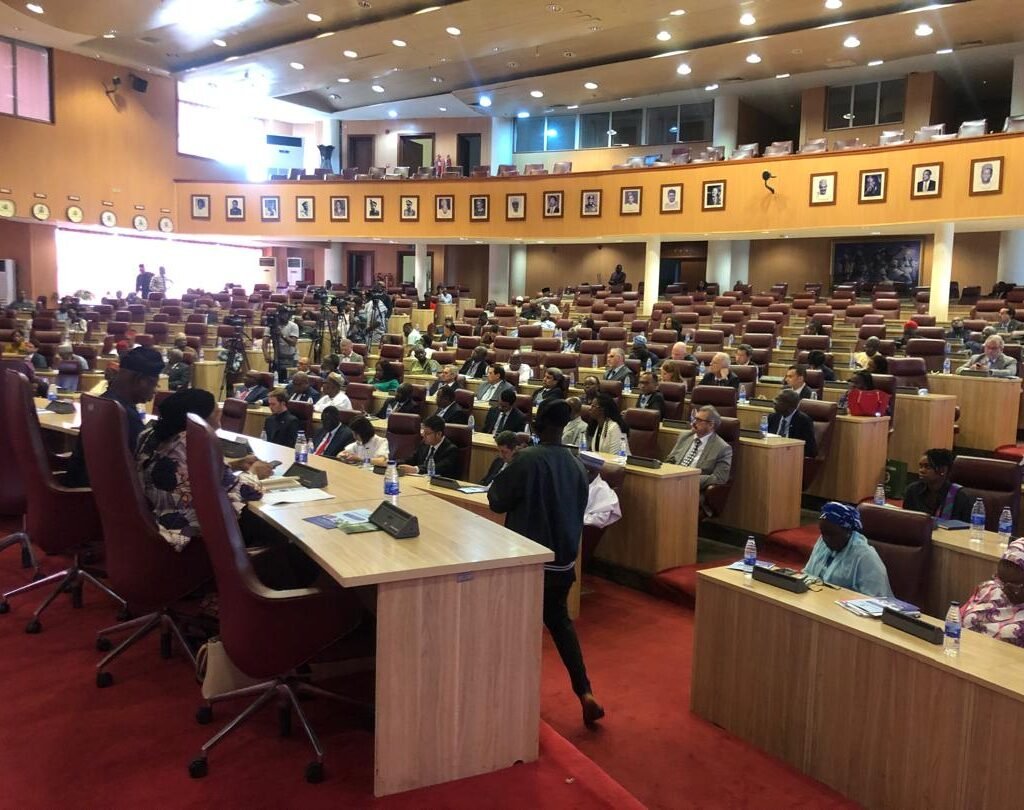
He added that Nigeria’s strategic autonomy policy allows for broad engagement with international partners regardless of ideology, as long as the outcome strengthens local industries and fosters sustainable growth.
Stakeholders agreed that achieving the $1 trillion target will depend on consistent policy, improved border infrastructure, and stronger ties between Nigerian and foreign enterprises.
“This is more than an economic target it’s a national vision. With collaboration, we will achieve it, Inshallah,” Jani affirmed.


